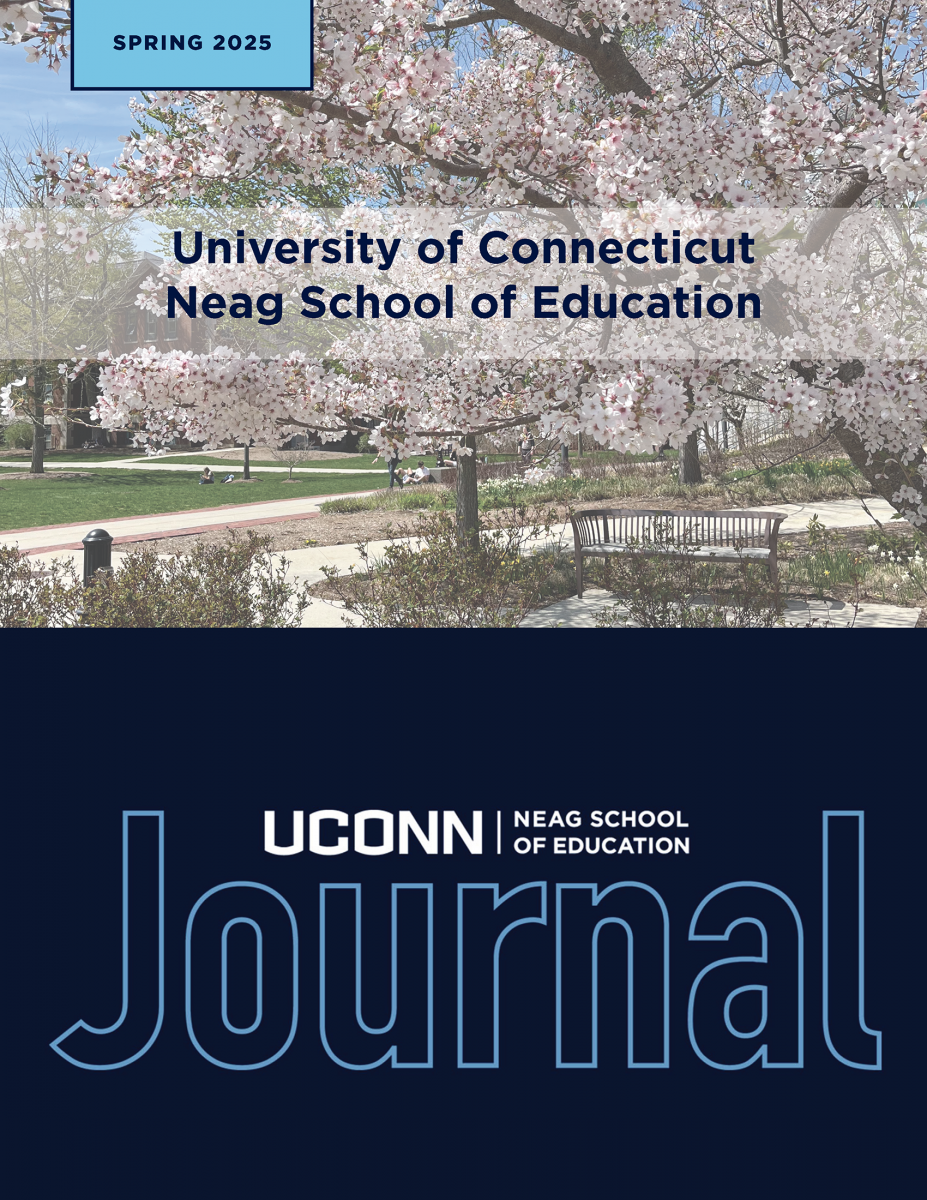We are pleased to share the 3rd issue of the Neag School of Education Journal. Leading from our mission, our journal provides a unique space for graduate and early career scholars to develop and share a broad variety of scholarly work, including research articles, essays, literature reviews, and reflective pieces. We take pride in providing a supportive “testing-ground” for graduate authors to refine their original work in collaboration with our graduate-led editorial board. Fundamentally, the Neag School of Education Journal is committed to the growth and development of emergent educational researchers across fields. After much hard work and dedication from our authors and editorial board, we are thrilled to unveil the culmination of their efforts – three pieces that showcase the excellence of our 2025 edition. Each of this year’s articles exemplify the equity-grounded, methodologically rigorous, and innovative research that this journal endeavors to elevate.
— Letter from the Board



![UConn husky statue. [Current issue of the Journal.]](https://education.media.uconn.edu/wp-content/uploads/sites/1621/2021/11/Fall211109a041-husky-statue.jpg)
